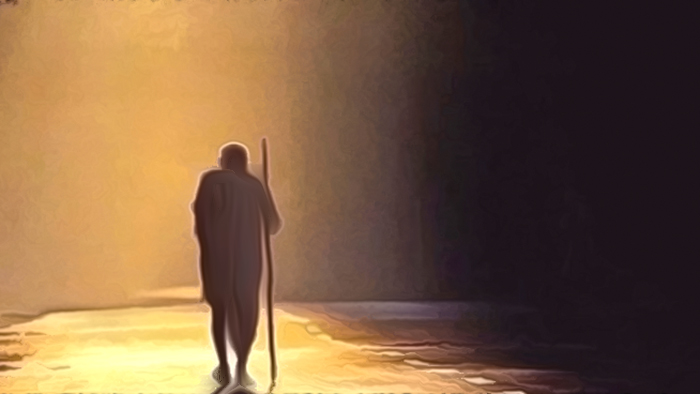
Christian discipleship calls all of us to be prophetic, advocate for justice, help give voice to the poor, and defend truth. Fr. Ron Rolheiser writes that not all of us, by temperament or vocation, are called to civil disobedience, public demonstrations, and the picket lines, as were Dorothy Day, Martin Luther King, Daniel Berrigan, and other prophetic figures. All are asked to be prophetic, but this means more wielding a basin and towel than wielding a placard for some. There is a powerful way of being prophetic that, while seemingly quiet and personal, is never private. Its rules are the same as those for those who, in the name of Jesus, are wielding placards and risking civil disobedience. What are those rules, rules for a Christian prophecy?
– A prophet makes a vow of love, not of alienation. A prophet risks misunderstanding but never seeks it, and a prophet always seeks to have a mellow rather than an angry heart.
– A prophet draws their cause from Jesus and not from an ideology. In our struggle for justice and truth, we must be vigilant and draw our truth from the Gospels, not from some ideology.
– A prophet is committed to nonviolence. A prophet takes Jesus seriously when he asks us to turn the other cheek in the face of violence.
– A prophet articulates God’s voice for the poor and the earth. Nobody gets into heaven without a letter of reference from the poor.
– A prophet doesn’t foretell the future but appropriately names the present in terms of God’s vision of things. A prophet reads where God’s finger is in everyday life, naming our fidelity or infidelity to God and pointing to our future in terms of God’s plan for us.
– A prophet speaks out of a horizon of hope. Christian hope is based on God’s promise, which was fulfilled in Jesus’ resurrection. This promise assures us that we can entrust ourselves to love, truth, and justice, even if the world kills us for it.
– A prophet’s heart and cause are never a ghetto. Christian prophecy must ensure that no person or group can make God their own tribal or national deity.
– A prophet doesn’t just speak or write about injustice; a prophet also acts with courage, even at the cost of death. A prophet has enough altruistic love, hope, and courage to act, no matter the cost. A prophet can discern at what time to park the placard and bring out the basin and towel — and at what time to lay aside the basin and towel and pick up the placard.
This last advice is, I believe, the most challenging for “quiet” prophets. Wisdom figures are not renowned for being on the picket lines, but that lies the challenge. A prophet can discern at what time to park the placard and bring out the basin and towel and at what time to lay aside the basin and towel and pick up the placard.
